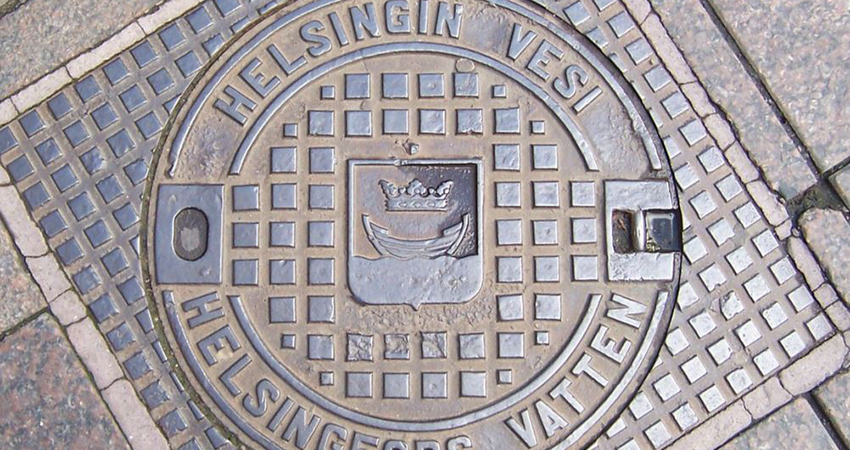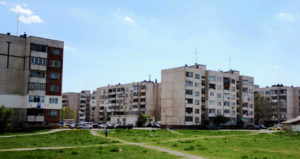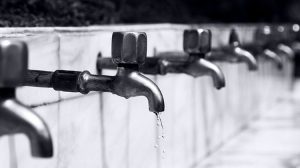Neglected water infrastructure in Sweden will raise water prices

-
 Editorial Team
Editorial Team
Share article:
The maintenance of Sweden’s water and wastewater pipes is sorely neglected, according to the Swedish Water and Wastewater Association (SWWA), which is predicting the cost of Swedish drinking water will go up. “We should have done more investments than we have. Twenty years ago it wasn’t urgent to speed up the investment rate, but now it is becoming urgent,” Anna Linusson, CEO of the Swedish Water and Wastewater Association told Radio Sweden.
Last week a main waterpipe burst in central Gävle, and 75,000 people had no water, while several streets were flooded. We have also seen several cases where bacteria have or may have contaminated the local drinking water because of problems with the water pipes. According to Anna Linusson, the speed with which the pipes are replaced ought to double to really stay ahead of trouble. “If we keep on with this rate, it will take us 200 years before we will exchange all the pipes we have now. And they will not last that long,” Anna Linusson said to the radio reporter.
Higher prices
Linusson predicts fresh drinking water will become much more expensive in the future. “In some communities, the price could well go up by 50 to 100 percent, ten to twenty years ahead,” Linusson said. But she added that this would bring the cost of water in Sweden up to about the same level of similar countries in Europe, as the prices in Sweden are still comparably low. An annual water bill for a house in Sweden can cost on average between SEK 7,000 to 10,000 depending on where it’s located.
EU investments stay behind
Not only Sweden is struggling with neglected water infrastructure. Investments in water infrastructure are staying behind in the whole of Europe. Member States must ensure water is priced in line with the Water Framework Directive. According to the Cost Recovery Principle, also known as Article 9 in the Water Framework Directive, water service providers should be able to invest in water infrastructure on the basis of charged water prices. Thus they should raise water prices.

















